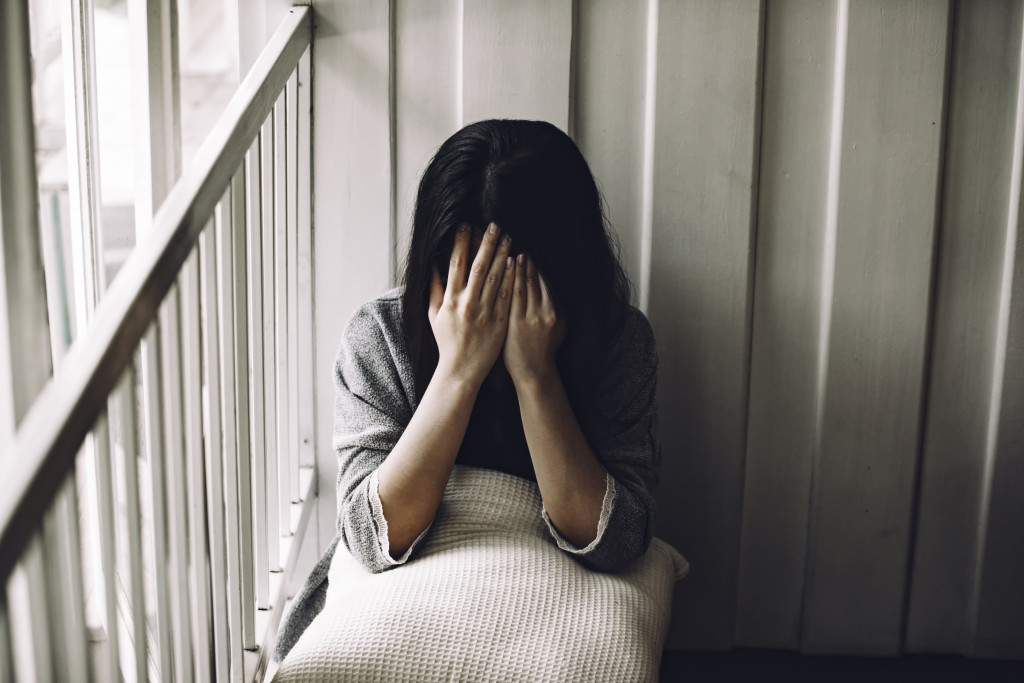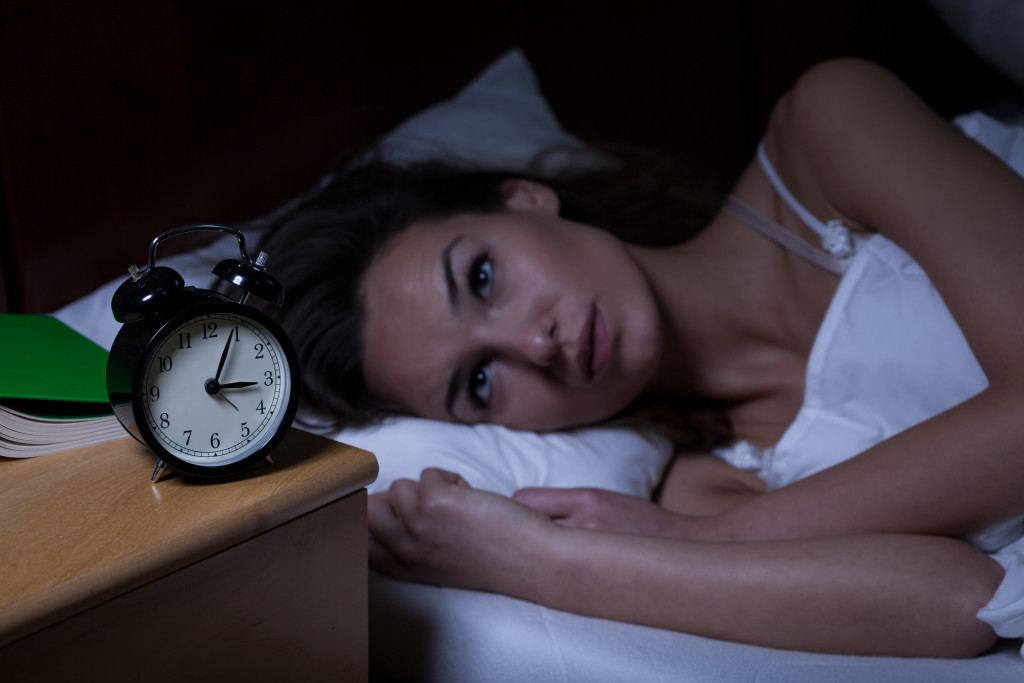- Insomnia is a sleep disorder that causes an individual to struggle with attaining or maintaining uninterrupted rest.
- Common causes of insomnia include stress, anxiety or depression, poor sleep habits, and medical conditions.
- Difficulty falling asleep, waking up often, and early morning awakenings are some symptoms of insomnia.
- Lifestyle modifications such as exercising regularly during the day and avoiding caffeine late at night can help restore healthy sleeping patterns over time.
Insomnia is a common sleep disorder that affects millions of people worldwide. According to the National Sleep Foundation, nearly 30 percent of adults have experienced short-term insomnia in the past year, and approximately 10 percent reported chronic insomnia.
While there are many potential causes of insomnia, the most common is stress and anxiety. This post will discuss the symptoms, causes, and treatments of insomnia so you can better understand how to address this issue.
Understanding Insomnia
Insomnia is a persistent sleep disorder wherein individuals struggle to fall or remain asleep, even if they have sufficient time for rest. People with insomnia often report feeling tired and fatigued throughout the day and may experience difficulty concentrating or focusing on tasks. They may also have trouble performing everyday activities and have difficulty functioning correctly in social settings.
Unfortunately, this can significantly impact the quality of life, as individuals with insomnia often struggle to remain productive and maintain relationships.
Causes of Insomnia

Insomnia can be caused by numerous factors, including stress, anxiety, or depression; poor sleep habits (such as drinking caffeine late in the day); medical conditions such as chronic pain or asthma; certain medications; hormonal changes due to menopause or pregnancy; environmental factors like noise or light levels in your bedroom; and lifestyle factors such as an irregular work schedule or jet lag.
Symptoms of Insomnia
The symptoms of insomnia come in a variety of forms, all of which can have a significant impact on your overall quality of life. Some of the most common symptoms include:
Difficulty falling asleep
Not being able to sleep is the number one symptom of insomnia. If you regularly take more than 30 minutes to fall asleep or wake up multiple times throughout the night, you may have insomnia.
Waking up often
People with insomnia may experience difficulty staying asleep and wake up several times at night. This can cause fatigue during the day and impair concentration and focus.
Early morning awakenings
People with insomnia may also wake up earlier than usual, even if they have had enough sleep. This can make it challenging to get back to sleep and contribute to the feeling of tiredness during the day.
Treatments for Insomnia
Various treatments are available to help you overcome insomnia and get the restful night’s sleep you need. Here are some of them:
Benzo Medication
People with insomnia may find benzo medications helpful as a short-term solution. While benzos can help provide temporary relief, the truth is that benzo usage carries severe risks because of its addictive nature. Research shows that prolonged benzo use can cause people to become physically and psychologically dependent on the medication.
Attending a benzo addiction recovery center may be the best option for individuals struggling with benzo addiction to overcome their dependency and return to standard sleeping patterns without relying on medications. Professionals help guide individuals through supervised withdrawal and provide them with skills to manage underlying insomnia without having to depend on medication.
Cognitive Behavioral Therapy
Cognitive behavioral therapy (CBT) is a type of psychotherapy focusing on the relationship between thoughts, feelings, and behaviors. This treatment can help manage insomnia by assisting individuals in identifying and changing patterns in thinking that lead to poor sleep habits. CBT also aids in improving sleep hygiene practices, such as avoiding caffeine and alcohol in the evening, developing a consistent sleep schedule, and setting an environment conducive to restful sleep.
Herbal Supplements
Some people find relief from insomnia with natural remedies like herbal supplements. Valerian root, chamomile, and lavender are some of the most commonly used herbal supplements for insomnia. It is essential to discuss the use of herbal supplements with your healthcare provider, as they may have interactions with certain medications.
Final Thoughts
For many people with insomnia, lifestyle modifications—such as exercising regularly during the day and avoiding caffeine late at night—can restore healthy sleeping patterns.
However, if these measures do not help improve your sleep quality, seeking professional treatment from a doctor or therapist specializing in sleep disorders may be necessary. With proper diagnosis and treatment, it is possible to improve your sleep quality so you can get back to living life to its fullest!


